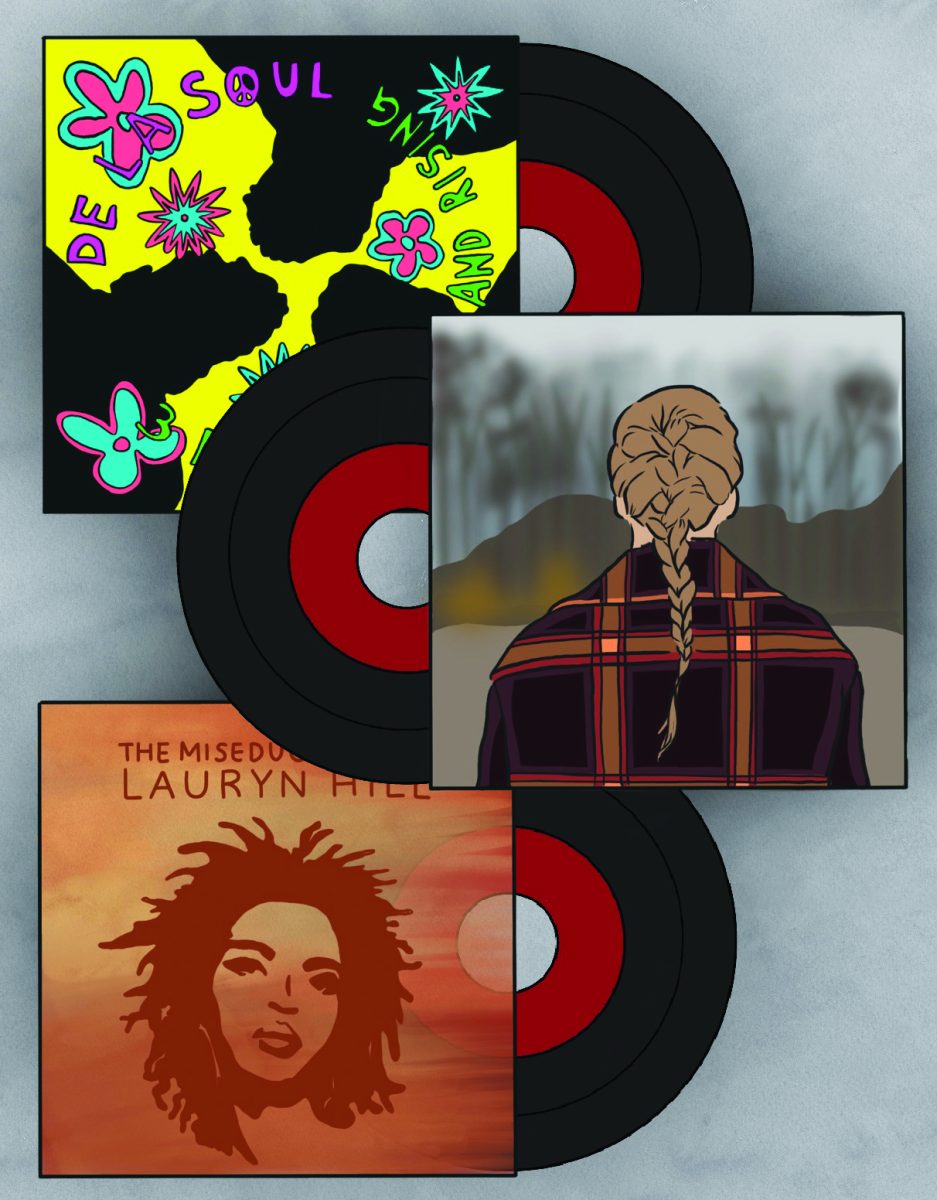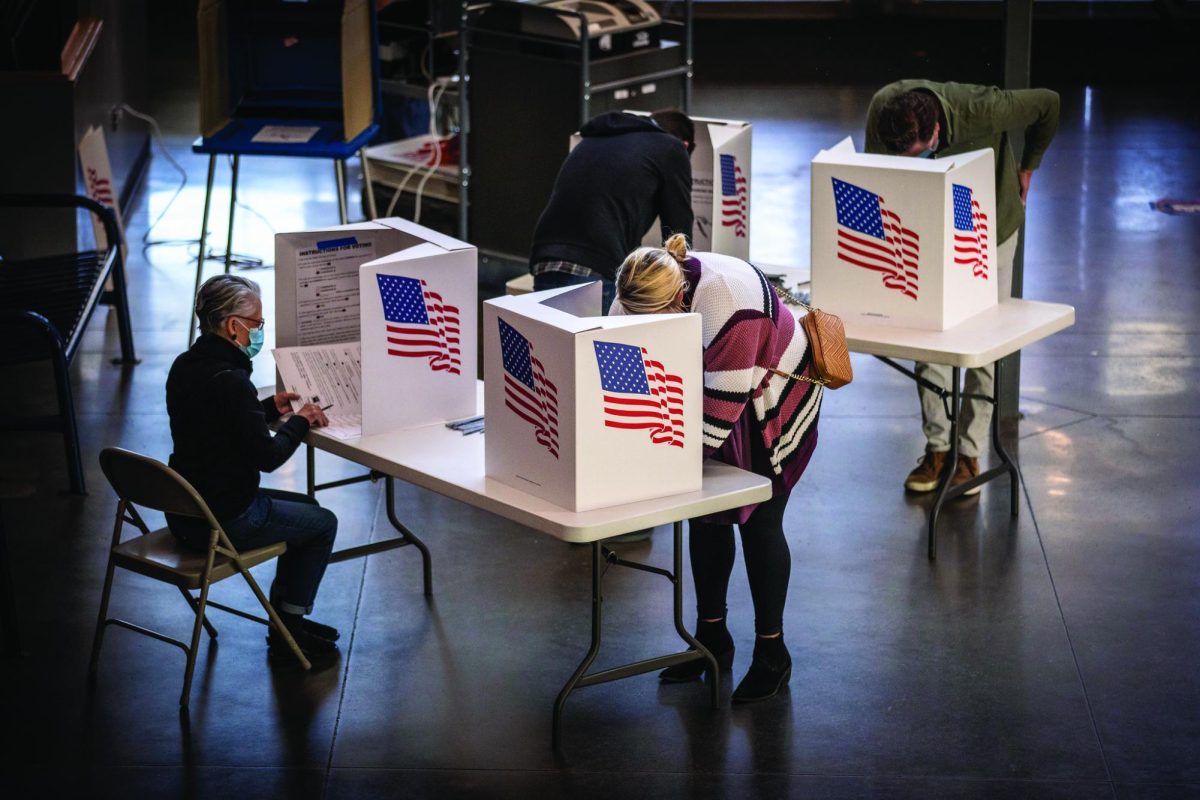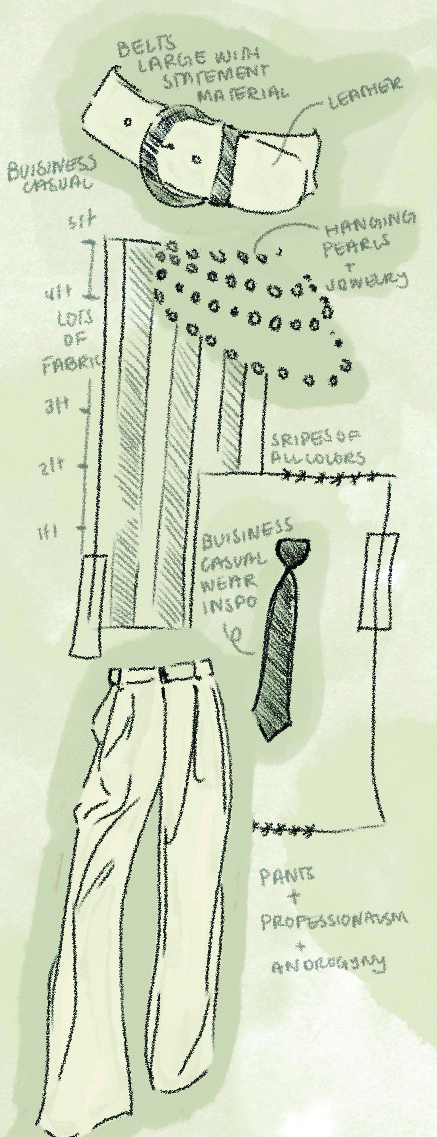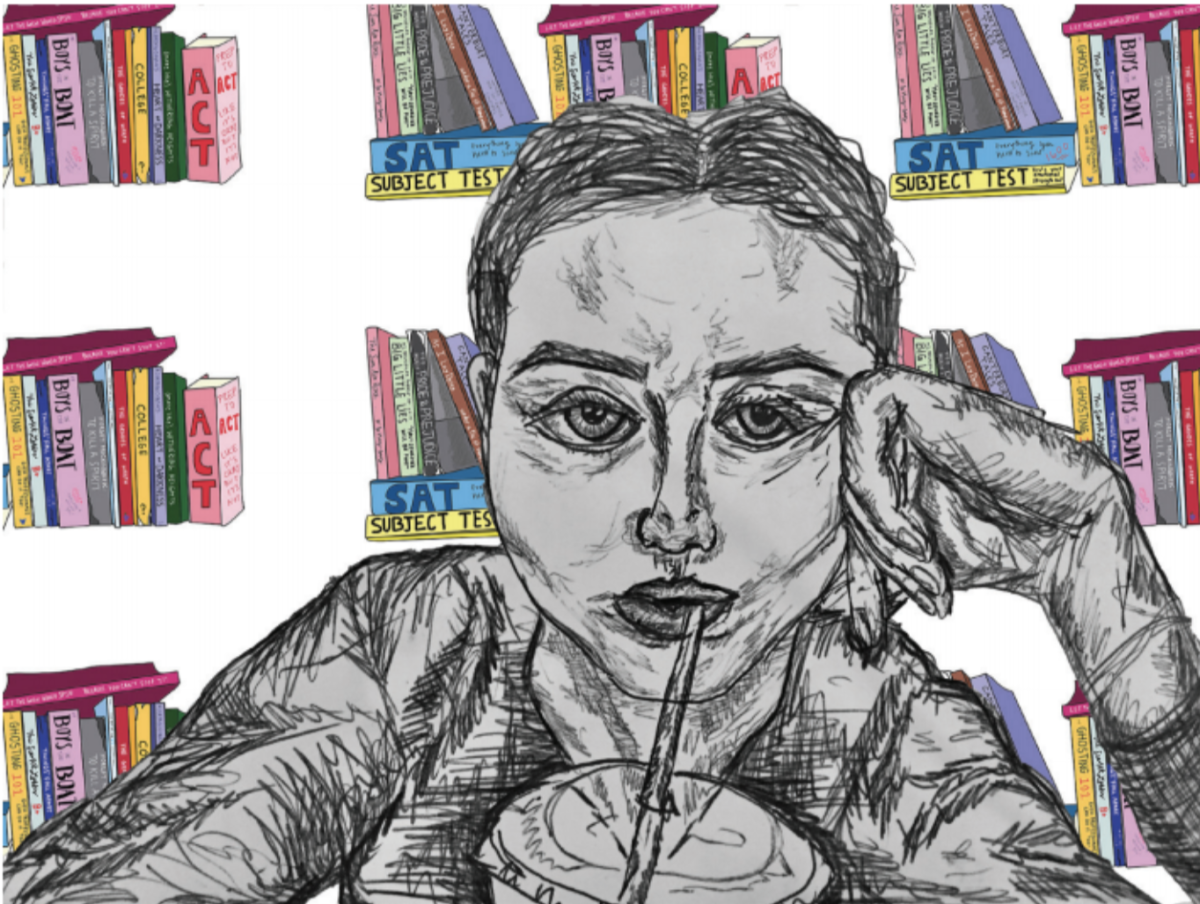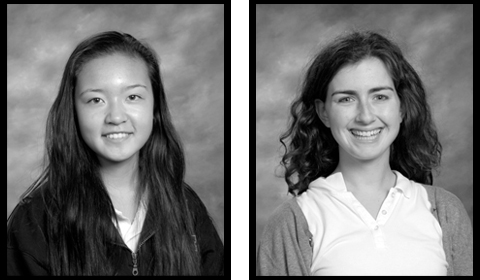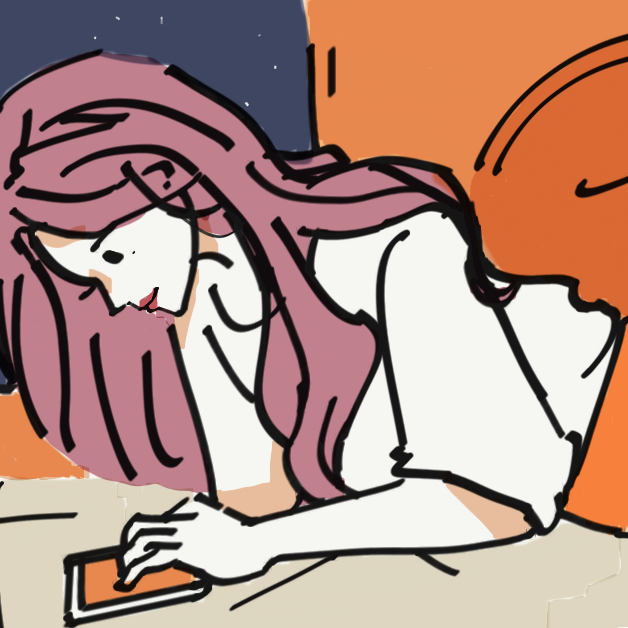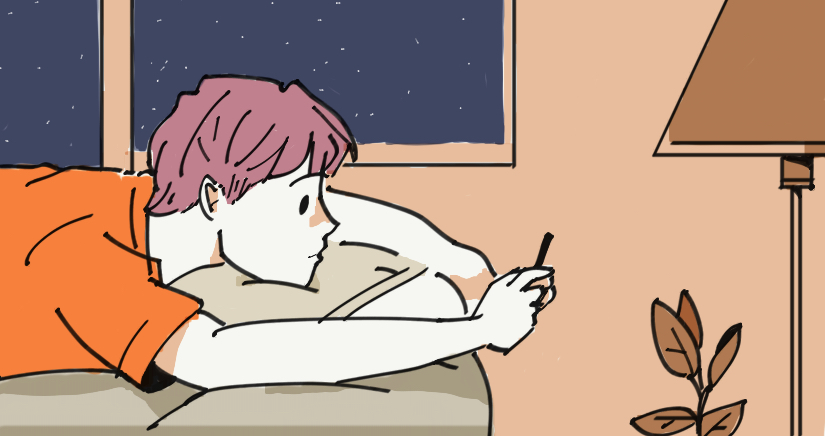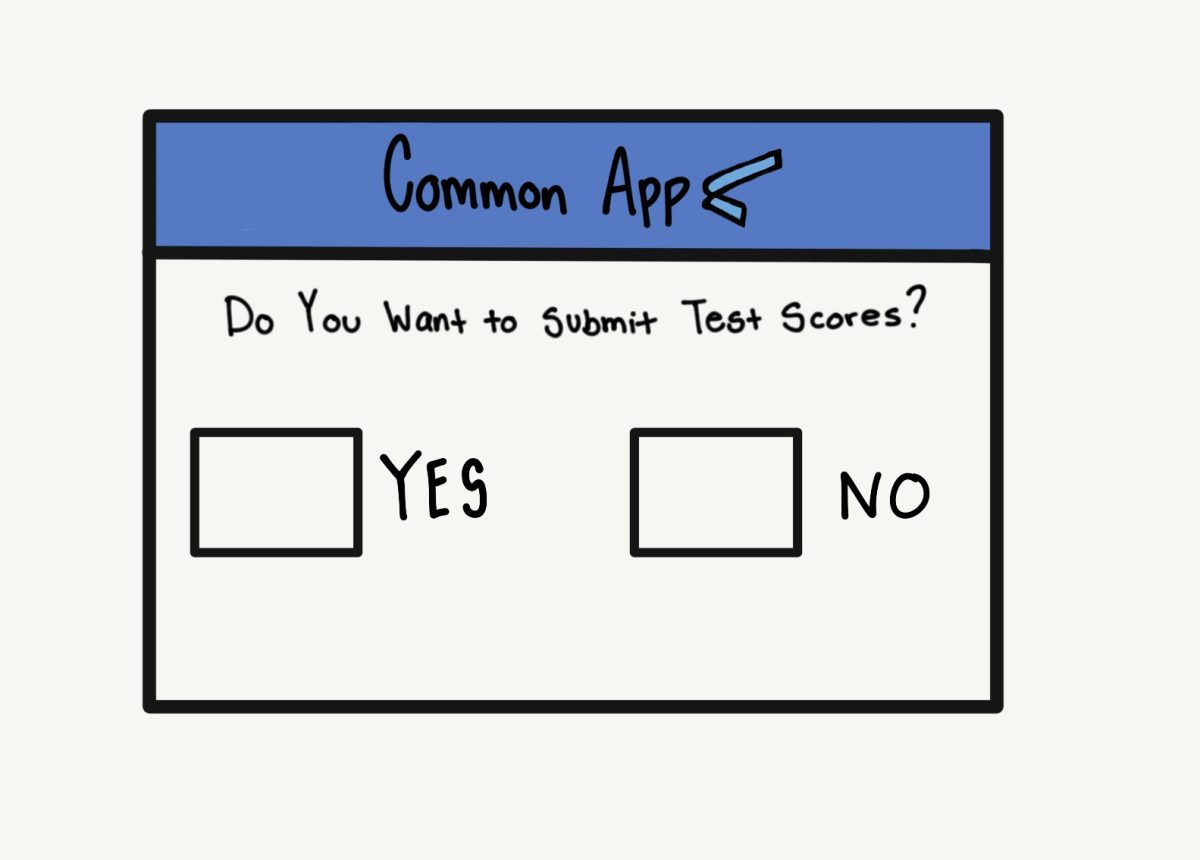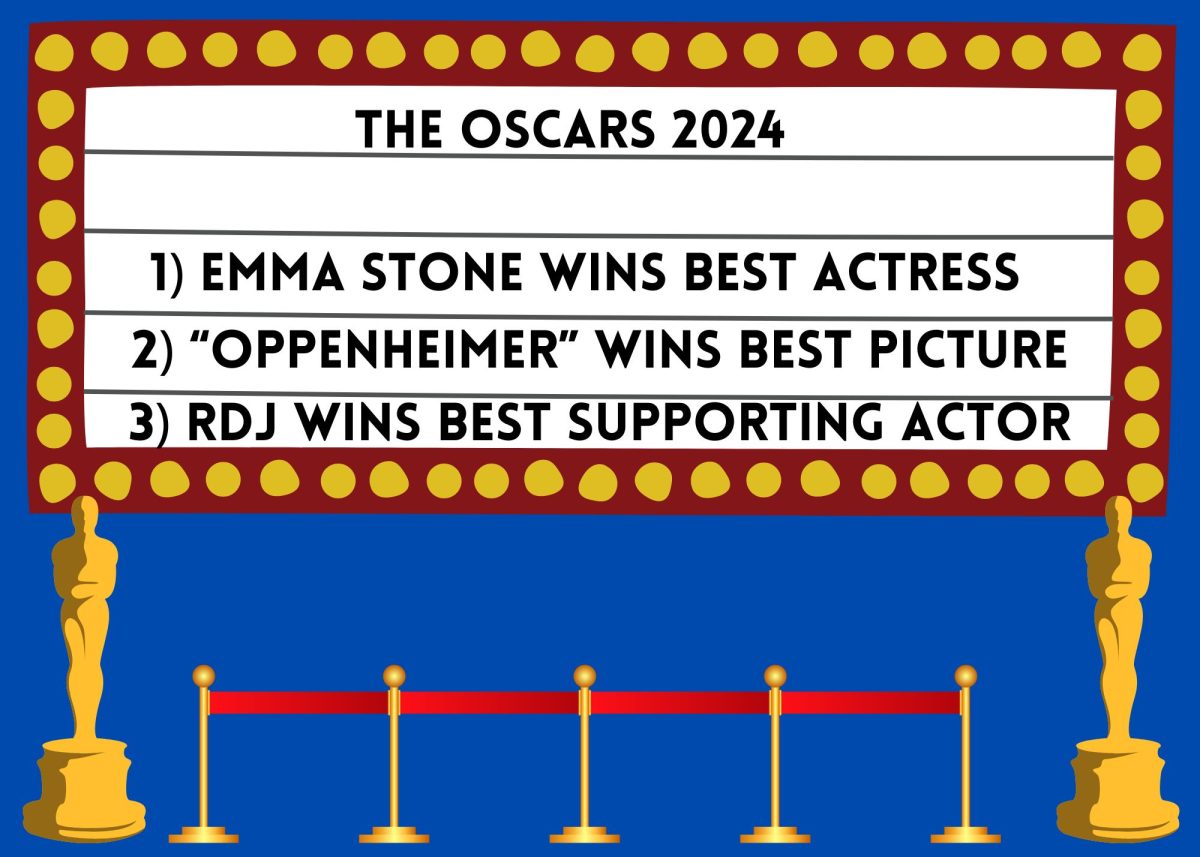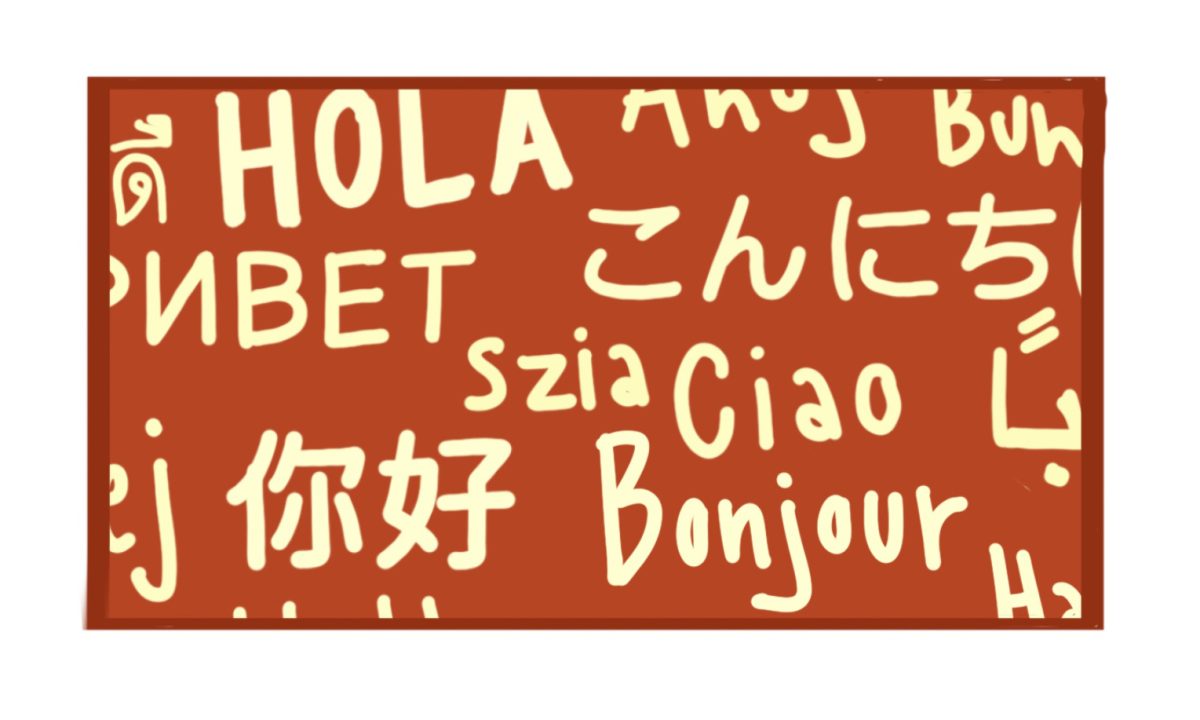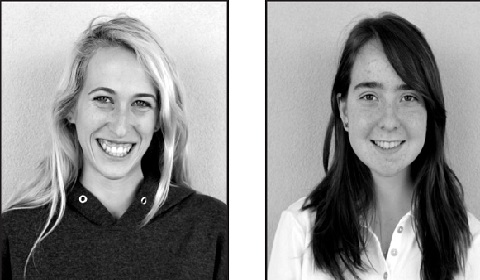
Ari ’14
The tale of Thanksgiving is rooted in the fraudulent story of Europeans voyaging to the “New World” to seek refuge and make peace with the indigenous peoples. It conveniently pushes aside the truth of European barbarism. Taking a step back from the chaos of our everyday lives to acknowledge what we are grateful for is a powerful concept, but I don’t think celebrating a holiday that essentially commemorates murder is the way to do it.
By celebrating Thanksgiving as we do now, we are commemorating a genocide warped by fantasies of American superiority. Americans are taught early on that Thanksgiving symbolizes the charming tale of the English pilgrims and their pursuit of freedom. We’re led to believe that the Native Americans showed the pilgrims how to survive in their new environment, ultimately resulting in a feast after the pilgrims’ first winter.
Although some elements of this story may resemble what happened, the entire truth is rarely acknowledged. By 1637 Massachusetts Governor John Winthrop was referring to Thanksgiving Day as the effective massacre of hundreds of Pequot men, women and children. Thus began the genocide of Native Americans, which did not cease until almost the entire indigenous population had been either slaughtered, forced onto reservations or made to assimilate into “white” society. In fact, today, many Native Americans observe Thanksgiving as a day of mourning. Activist and Wampanoag leader Frank B. Wamsutta James has referred to the first colonial harvest festival as “the beginning of the end”.
As long as Americans refuse to publicly recognize that 30 million Native Americans were killed at the hands of European colonialism, we are deceiving our children. We should not be teaching youth to celebrate the murder of others; the longer we do, the more we misrepresent the truth and perpetuate stereotypes. I could write a whole other article about how the tradition of eating turkey needlessly adds to the death of innocent, sentient creatures.
While Thanksgiving is a day associated with being grateful, this element is often buried under commercialism and consumption. Large corporations have made Thanksgiving into a business opportunity without acknowledging the holiday’s origins. Companies touting Black Friday blowouts and cheaper gravy than their competitors bombard us with advertisements and don’t remind us to be grateful for anything.
I definitely believe that a day set aside to stop for a moment alongside family and friends and recognize what we are grateful for is an incredible thing. A national holiday dedicated solely to giving thanks and enjoying a nice meal with loved ones is a great idea. Yet the holiday should not be tainted by the negativity and inaccuracies that coincide with the story of the pilgrims and the Native Americans or the way in which commercialism has buried the true meaning of gratitude.
To claim that in 2013 Thanksgiving is more a celebration of thanks than of what happened in Massachusetts in the 17th century is just a way of denying the pain of others and attempting to rationalize the genocide.
Sonia ’14
For a majority of Americans, myself included, Thanksgiving is no longer a reminder of the slaughter of Native Americans. Instead, it has become a holiday more commonly associated with football, blow-out sales, the Macy’s Thanksgiving Day Parade, gratitude and dinners with family.
Even many well-known Native Americans see the holiday as a chance to celebrate the contributions their ancestors have made to American history. Because of the holiday’s changed cultural significance, I believe we should still celebrate Thanksgiving, provided that schools and parents make a conscientious effort to clear up any misconceptions regarding the holiday and its origins.
In kindergarten, I remember painting the inside of a Trader Joe’s bag and cutting it into a vest so that it fit snugly. I also made a matching headpiece, an ornate band of colorful feathers. Half of the class were pilgrims and the other half “Indians.” Our feast was just like the one in 1621, except that it consisted of Coca-Cola, Domino’s pepperoni pizza, and Kraft macaroni and cheese. There was no mention of the Grand Sachem, of the Wampanoag Federation or of the massacre of the native population a year later. Instead, we ended the day by going around in a circle naming all the things for which we were thankful.
Before celebrating Thanksgiving, teachers and parents alike should take the time to educate themselves and their children on the history of the holiday so that stereotypes of Native Americans are not reinforced. The organization Understand Prejudice, for example, uses the holiday as a way to promote dialogue about Native American culture and customs. They provide letters schools can send to parents asking them and their children to consider an unbiased view on the history of Thanksgiving and to research Native Americans. “Furthermore,” the organization states, “we want to make sure students understand that being an Indian is not a role, but part of a person’s identity.”
Many prominent Native Americans, such as Jacqueline Keeler and award-winning author Sherman Joseph Alexie, Jr., choose to see the holiday in a positive light. Keeler wrote an editorial in which she explained, “These were not merely ‘friendly Indians.’ They had already experienced European slave trading, mistreatment and raids. Yet despite the Europeans’ cruelty, these same Native Americans chose to share what they had with the pilgrims.” She goes on to explain that “among many of our peoples, showing that you can give without holding back is the way to earn respect.”
Similarly, Alexie cleverly explains the reason he celebrates the holiday: “We live up to the spirit of Thanksgiving because we invite all of our most desperately lonely white [friends] to come eat with us. We always end up with the recently broken up, the recently divorced, the brokenhearted. From the very beginning, Indians have been taking care of brokenhearted white people. …We just extend that tradition.”

